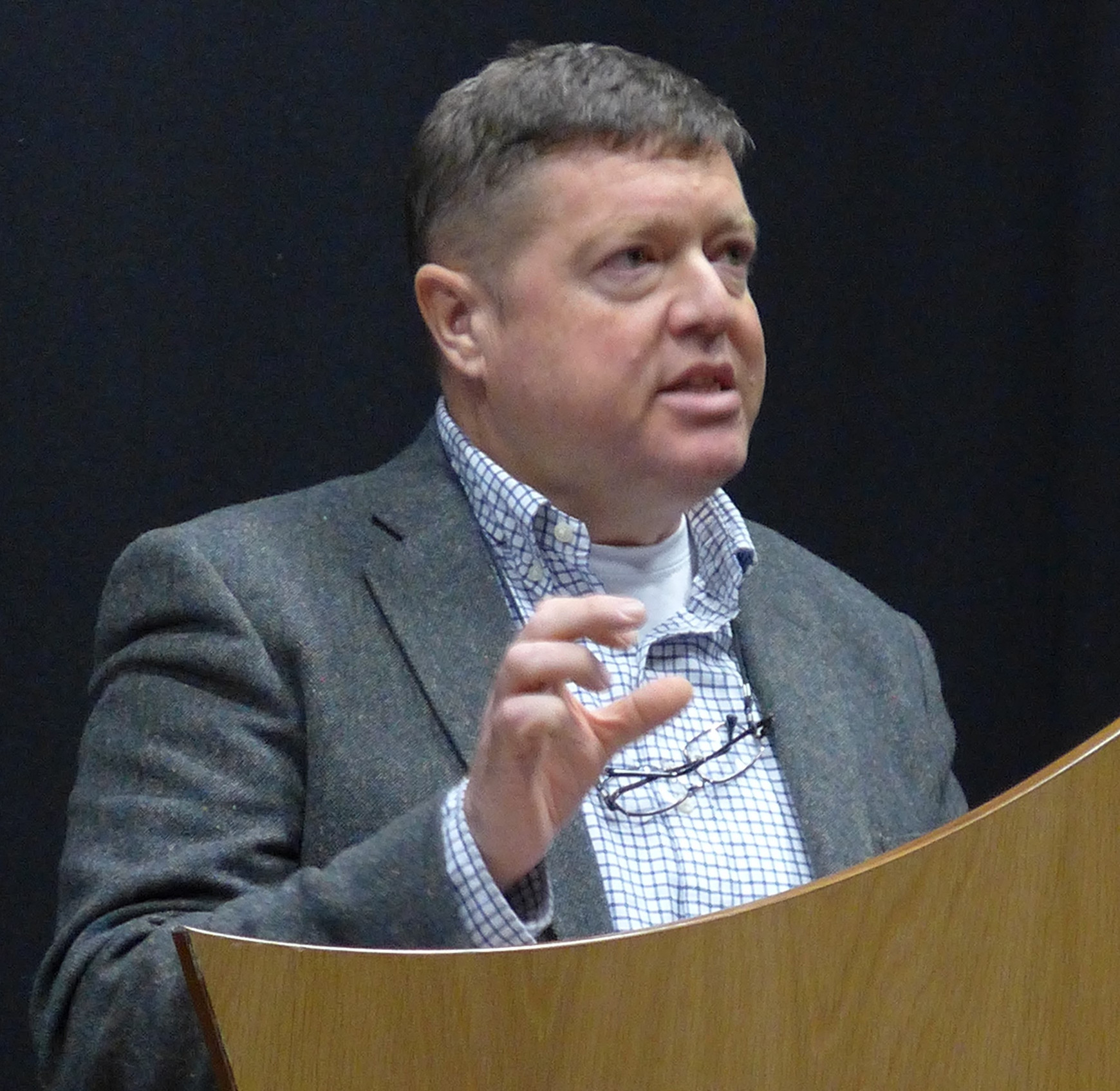
For our weekly “Ideas on Europe” editorial by UACES, the University Association for European Studies, we welcome Ben Tonra from University College Dublin, in Ireland.
Foreign policy challenges are high on the EU’s agenda, but the member states are still having trouble working in common in this field.
True. Whether we are talking about addressing China’s human rights violations, Russian threats towards Ukraine or indeed one of Europe’s signature successes, the agreement on Iranian nuclear weapons, too often we are witness to individual capitals going their own way and in some cases, even vetoing restatement of well-established EU policy as in the case of the Middle East peace process.
But, Ben, didn’t the Lisbon Treaty promise us the final chapter on the Europeanization of national foreign policies?
In truth, the Treaty of Lisbon delivered a lot: the creation of a strengthened post of High Representative for foreign and security policy, the establishment of the European External Action Service and – in recent years – a huge acceleration in the development of defence policy, including the creation of the new European Defence Fund, the establishment of DG DEFIS in the Commission and now 60 individual projects to strengthen European military cooperation through PESCO.
At the same time, we must acknowledge that the EU’s international capacity is almost entirely a function of what its member states will allow it to do. And each of the 27 comes to the common EU foreign policy table with its own national perspectives, geographies and histories – a whole national baggage that shapes its response to foreign policy events, threats and opportunities.
So how can that be overcome?
The Member States know what the problem is - indeed they are collectively at the root of the problem.
They are trapped in a paradox: most of them ardently desire that the Union would speak strongly on the major foreign policy challenges of our times and deploy the Union’s significant resources towards those ends.
At the same time, they are reluctant – deeply reluctant – to cede power to the EU institutions in such a way as would make that possible. Whether it is hubris, fear or ego – each national capital is determined to hold on to the reigns of its own power.
As a result, the member states continue to struggle to carve agreed positions from their multiple perspectives and to design processes – such as the new Strategic Compass – to guide member states along a path which will build upon shared foundations. The problem of course is that the rest of the world is not going to wait for the Union to get its act together. Moreover, for some actors – such as Russia – the EU’s weaknesses and its incoherence – actually represent an opportunity to exploit.
So, what is to be recommended?
It is difficult to tell.
Certainly, it is unwise for the Union to overpromise and underdeliver. Statements such as ‘the Union must learn to speak the language of power’ or to commit to providing a ‘geopolitical Commission’ are off the mark. Frankly, ‘power’ – in the sense of traditional military power – is a foreign language to the European Union – and will likely continue to be so for some time to come.
Furthermore, considering the nature of threats coming from some member states within the Union towards its values and principles, the Union cannot rely on unanimity to deliver a strong, coherent foreign policy. The member states may need to get creative and exploit the opportunities for differentiated action. This of course also opens Europe to the danger of fragmentation - so one has to choose such a course carefully and with maximum support.
Differentiated action - would that not the opposite of a common policy?
I don’t think so. It would acknowledge that a European foreign policy which was not anchored in European values is not worth the name – and it would free those participating from the dead weight of the laggards and the subversives. It would, potentially, build a European foreign, security and defence policy that was seen to work.
Thank you very much, Ben, for this insight. All hope is not lost! “Ideas on Europe” will be back next week, and we will welcome Theofanis Exadaktylos, from the University of Surrey, in England.





